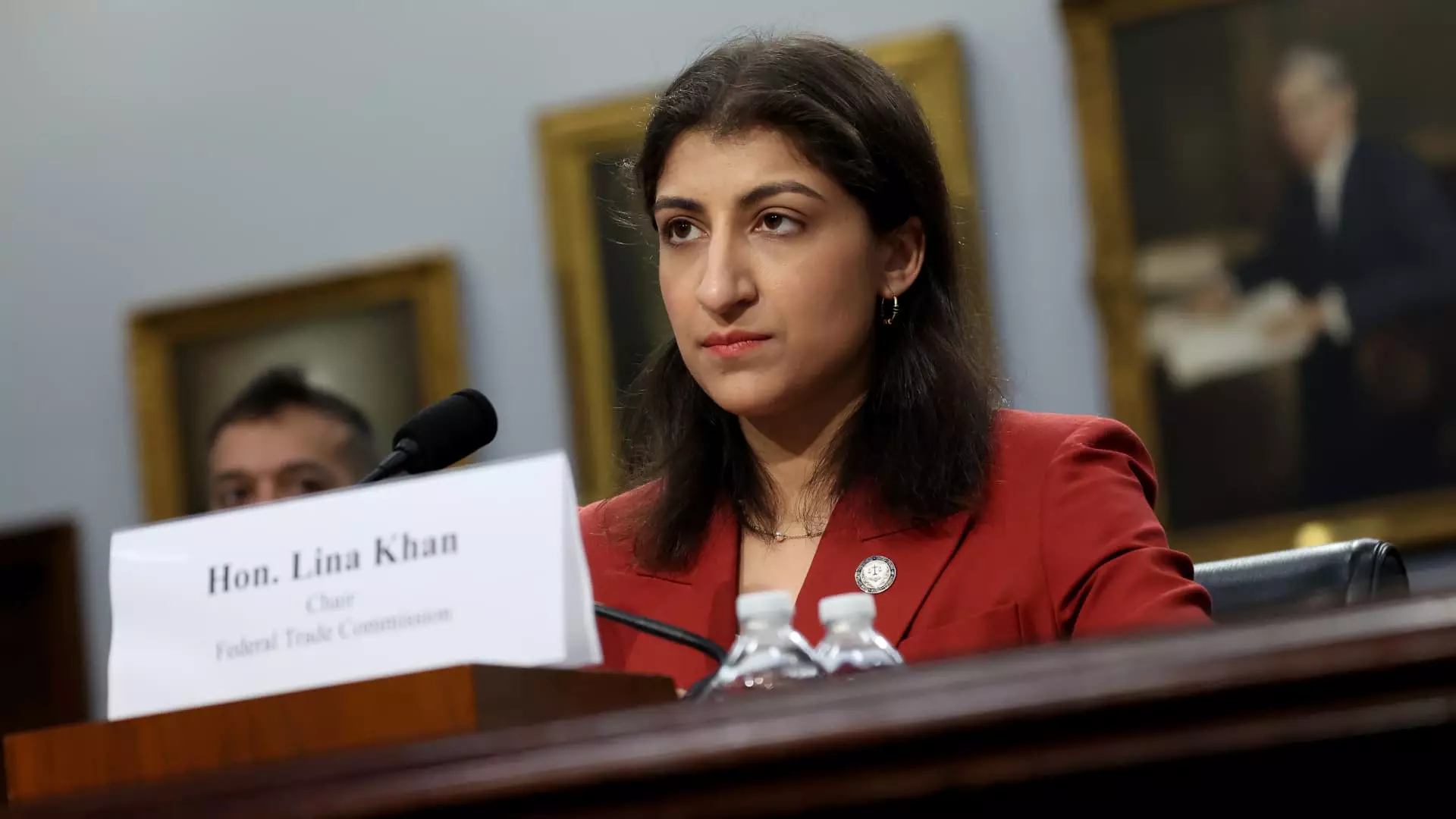The rising cost of insulin in the United States has captured the attention of policymakers and patients alike. Recently, the Federal Trade Commission (FTC) filed a lawsuit against three of the country’s largest Pharmacy Benefit Managers (PBMs)—Optum Rx, Caremark, and Express Scripts—accusing them of tactics that inflate costs for patients while boosting their own profits. This groundbreaking legal action highlights the intricate and often opaque drug pricing landscape in the U.S., exacerbated by the interplay between PBMs, drug manufacturers, and insurers.
Pharmacy Benefit Managers serve as intermediaries in the healthcare supply chain, negotiating drug prices on behalf of insurers and large employers while managing formularies that dictate which medications are covered. Claiming to reduce costs for consumers, PBMs instead have been scrutinized for perpetuating a system that seems to prioritize profit over patient well-being. They negotiate rebates with pharmaceutical companies, yet the FTC argues that the current rebate structure favors high list-price drugs, notably insulin, thus driving up costs. This raises critical questions about the validity of PBMs as a means of controlling drug prices, particularly for life-sustaining medications such as insulin, which millions of Americans depend on daily.
As the FTC points out, around eight million Americans with diabetes rely on insulin, a medication that has seen exorbitant price increases over the past two decades. The lawsuit argues that PBMs have cultivated a “perverse” incentive structure that prioritizes drugs with higher rebates rather than those that are more affordable for patients. This is particularly troubling given that many patients have had to ration their insulin due to soaring prices, a situation that can lead to serious health consequences, including hospitalizations or worse.
Filed through an administrative process, the FTC’s lawsuit significantly escalates the ongoing scrutiny of PBMs. The agency’s efforts represent not only a legal challenge but also an attempt to encourage systemic change within the healthcare industry. The alleged practices of these PBMs may also prompt legal implications for drug manufacturers such as Eli Lilly, Sanofi, and Novo Nordisk, which control a significant share of the insulin market. The FTC has suggested that these companies may be investigated for their roles in perpetuating inflated list prices as they respond to demand for higher rebates from PBMs.
This lawsuit is a pivotal moment that underscores the urgent need for reform in the prescription drug market. As the Biden administration seeks to improve affordability through initiatives like the Inflation Reduction Act, which caps insulin costs for Medicare patients at $35 per month, the broader implications for private insurance remain unresolved.
The PBMs named in the lawsuit have pushed back against the FTC, dismissing the allegations as unfounded. A representative from CVS asserted that Caremark has made significant strides in ensuring insulin affordability while characterizing the FTC’s claims as misleading. Express Scripts took a more aggressive stance, describing the lawsuit as part of a troubling trend of “ideologically-driven attacks” against the PBM industry.
This defensive posture suggests that the companies are well aware of the potential ramifications of increased regulatory scrutiny. If the FTC’s lawsuit leads to broader investigations or reforms, it could radically alter the way PBMs operate, forcing them to be more transparent about their pricing strategies and rebate negotiations.
As the case moves through the legal system, the implications for patients remain paramount. While the FTC aims to dismantle what it perceives as exploitative practices, the cascading effects could influence how medication pricing is structured across the board. The high cost of insulin is not just an issue for those with diabetes; it reflects larger systemic problems affecting all aspects of the prescription drug market, where price gouging is rampant.
For those who depend on insulin, the stakes are incredibly high. The hope is that the lawsuit will lead to tangible results—both in terms of immediate cost reductions and long-term transformations in how drugs are priced in the U.S. Ultimately, meaningful change can only occur through continued advocacy and pressure for transparency and fairness in the pharmaceutical supply chain. As the FTC’s actions unfold, the entire healthcare system is watching, and the outcomes may set significant precedents for the future of drug pricing in America.

